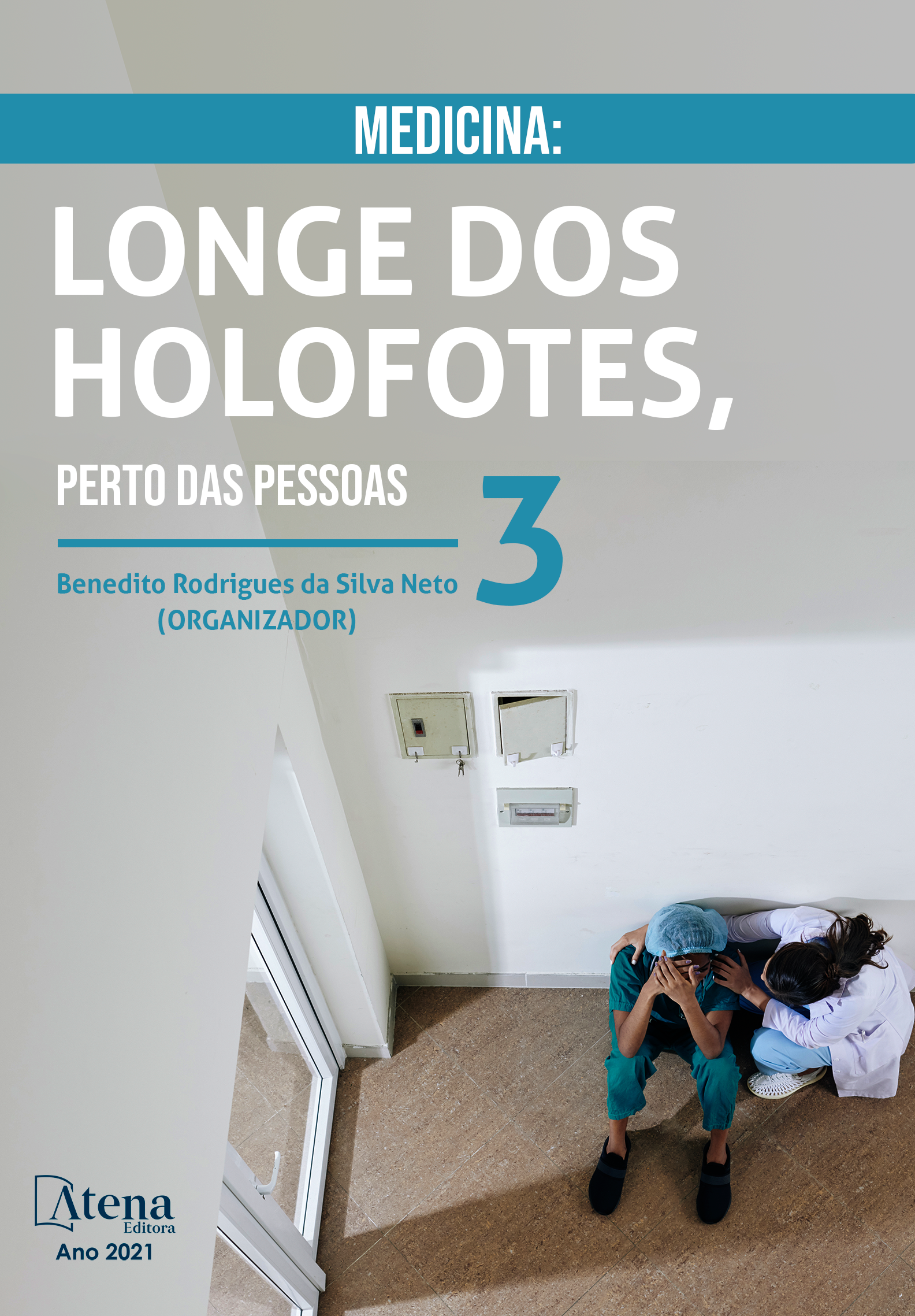
Platelet/Lymphocyte aggregates and CD40L receptors have a critical role in progression and metastasis of gastric cancer
Background and objectives: By modulating the immune system, platelets regulate several aspects of cancer-associated pathology and activated platelets could influence the mechanisms linking the CD40/CD40L system with neoplasia. Thus, the present study evaluated the activation level of circulating platelets in gastric cancer (GC), the formation of circulating platelet-leucocyte conjugates as well as the CD40L levels conjugate to leucocytes in GC patients Methods: Peripheral blood was taken before surgical treatment from 34 patients with gastric cancer and 30 healthy controls. Measurement of circulating platelet-leukocyte aggregates (PLAs) were performance by flow cytometry using monoclonal anti-CD41a for label platelet and CD62p and CD40L to measure of platelet activation. Results: We observed higher levels of platelet- T lymphocyte aggregate (P-T lymp) and platelet-B lymphocyte aggregate (P-B lymp) in the peripheral blood (PB) of GC patients with stage IV (metastatic) when compare with stages I-III, and control group (p<0,05). Reduced levels of CD40L+ Platelet–total lymphocyte (P-lymp) were observed at stage IV of the disease (p<0.05). High levels of CD62p+ platelets and CD62p+ platelets-monocyte aggregate were observed GC patients (Stages I-IV) when compare to control group (p<0.05). Conclusion: The results of this study allow us to conclude that quantitative alterations of platelet-lymphocytes aggregates (PLYS) and CD40L+ on PLYS were associated to progression and metastasis in GC.
Platelet/Lymphocyte aggregates and CD40L receptors have a critical role in progression and metastasis of gastric cancer
-
DOI: 10.22533/at.ed.60721081018
-
Palavras-chave: platelet, CD40L, platelets-leucocyte aggregate; gastric cancer; flow cytometry
-
Keywords: platelet, CD40L, platelets-leucocyte aggregate; gastric cancer; flow cytometry.
-
Abstract:
Background and objectives: By modulating the immune system, platelets regulate several aspects of cancer-associated pathology and activated platelets could influence the mechanisms linking the CD40/CD40L system with neoplasia. Thus, the present study evaluated the activation level of circulating platelets in gastric cancer (GC), the formation of circulating platelet-leucocyte conjugates as well as the CD40L levels conjugate to leucocytes in GC patients Methods: Peripheral blood was taken before surgical treatment from 34 patients with gastric cancer and 30 healthy controls. Measurement of circulating platelet-leukocyte aggregates (PLAs) were performance by flow cytometry using monoclonal anti-CD41a for label platelet and CD62p and CD40L to measure of platelet activation. Results: We observed higher levels of platelet- T lymphocyte aggregate (P-T lymp) and platelet-B lymphocyte aggregate (P-B lymp) in the peripheral blood (PB) of GC patients with stage IV (metastatic) when compare with stages I-III, and control group (p<0,05). Reduced levels of CD40L+ Platelet–total lymphocyte (P-lymp) were observed at stage IV of the disease (p<0.05). High levels of CD62p+ platelets and CD62p+ platelets-monocyte aggregate were observed GC patients (Stages I-IV) when compare to control group (p<0.05). Conclusion: The results of this study allow us to conclude that quantitative alterations of platelet-lymphocytes aggregates (PLYS) and CD40L+ on PLYS were associated to progression and metastasis in GC.
-
Número de páginas: 14
- Mário Rino Martins
- Rogério Luiz dos Santos
- Jerônimo Paulo Assis da Silva
- Leuridan Cavalcanti Torres
- Cecília Araújo Carneiro Lima


